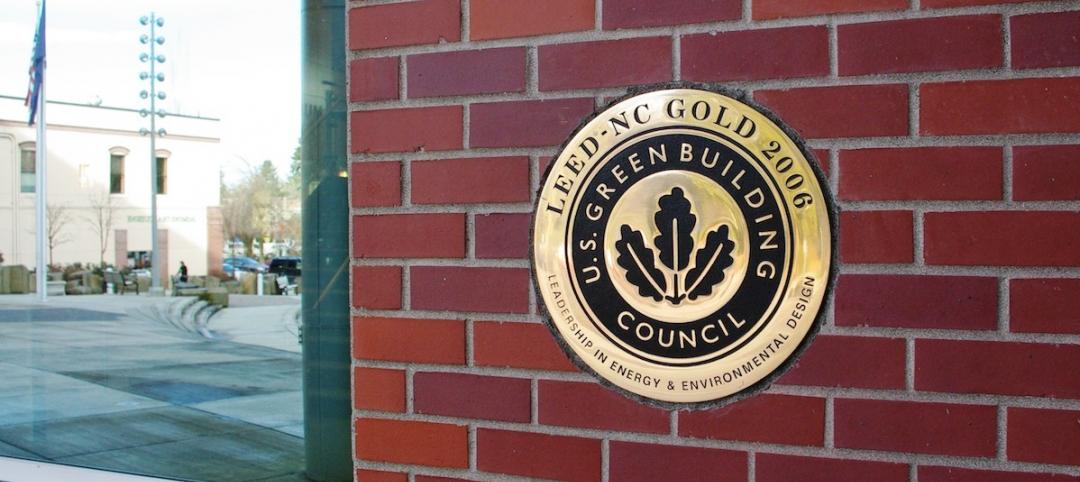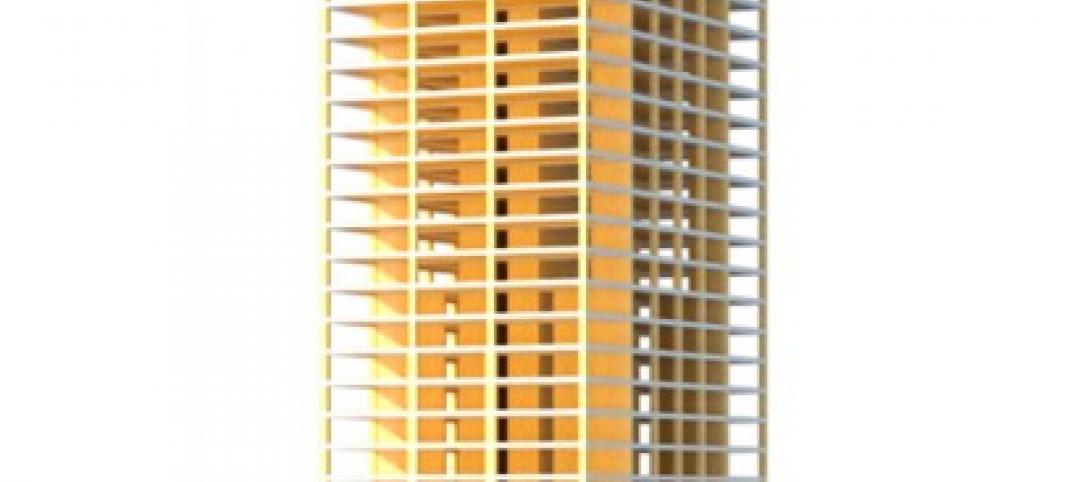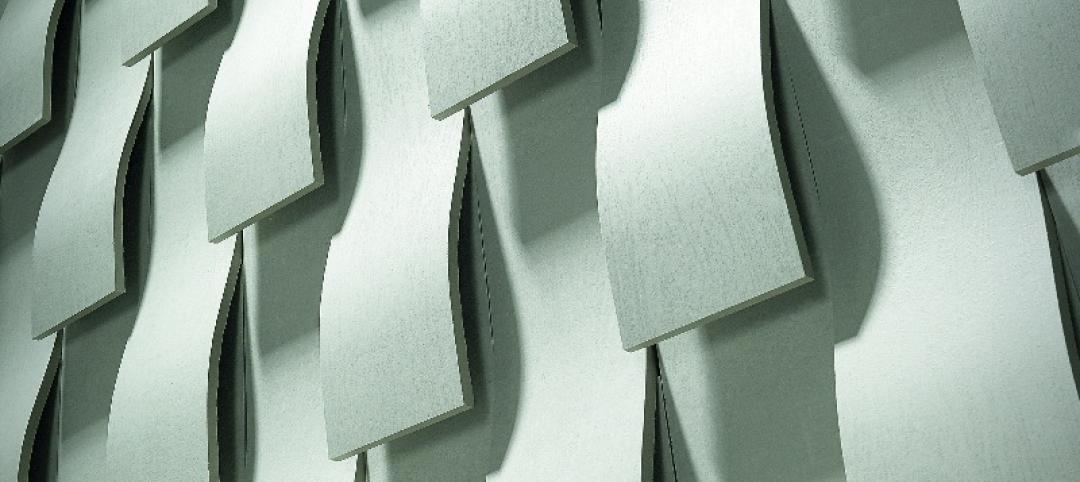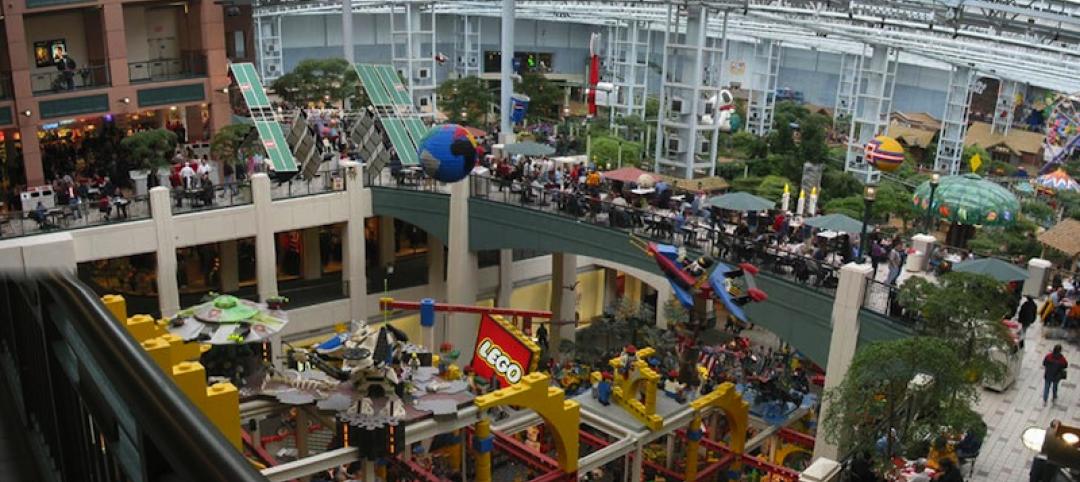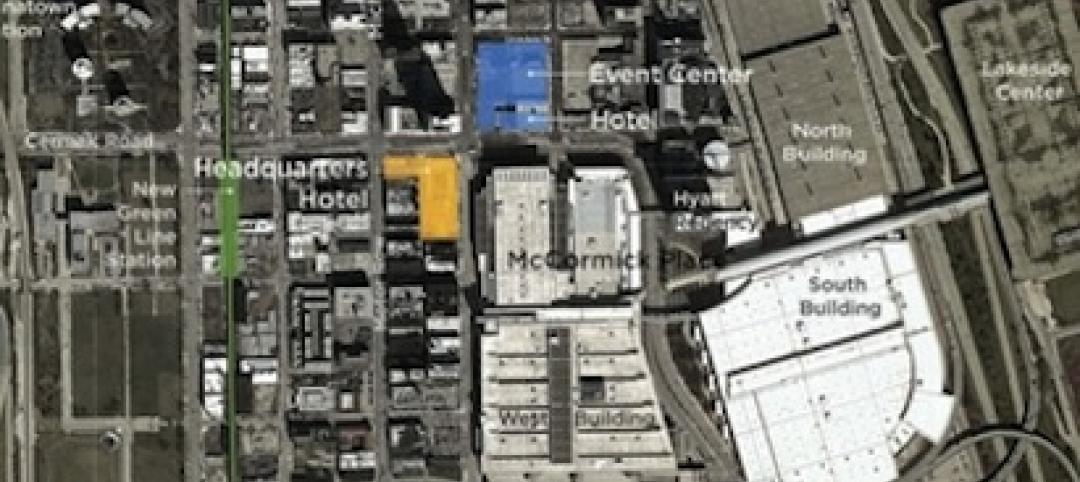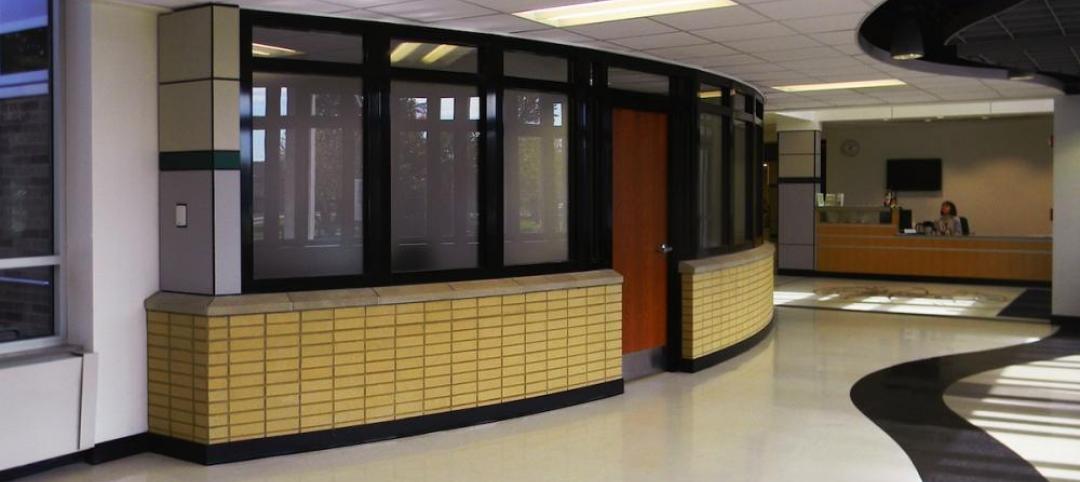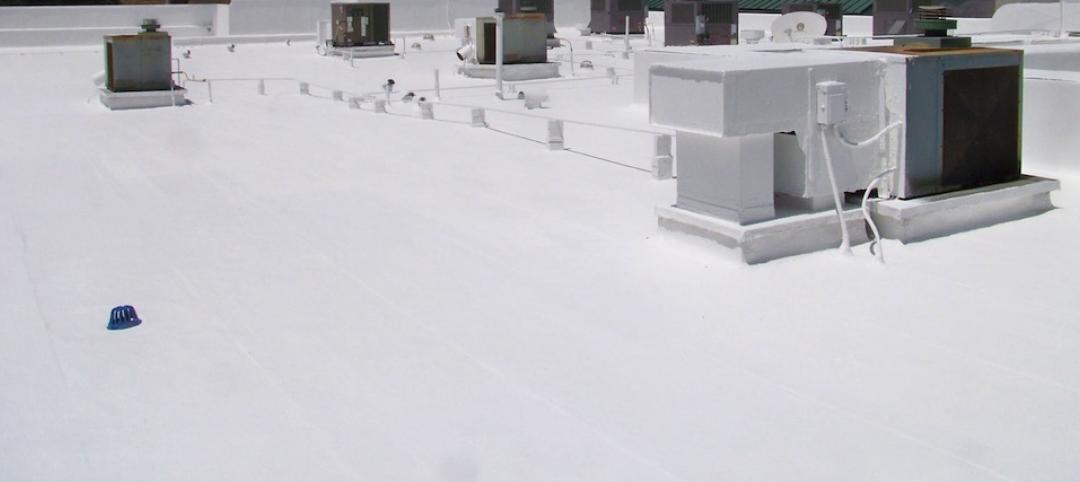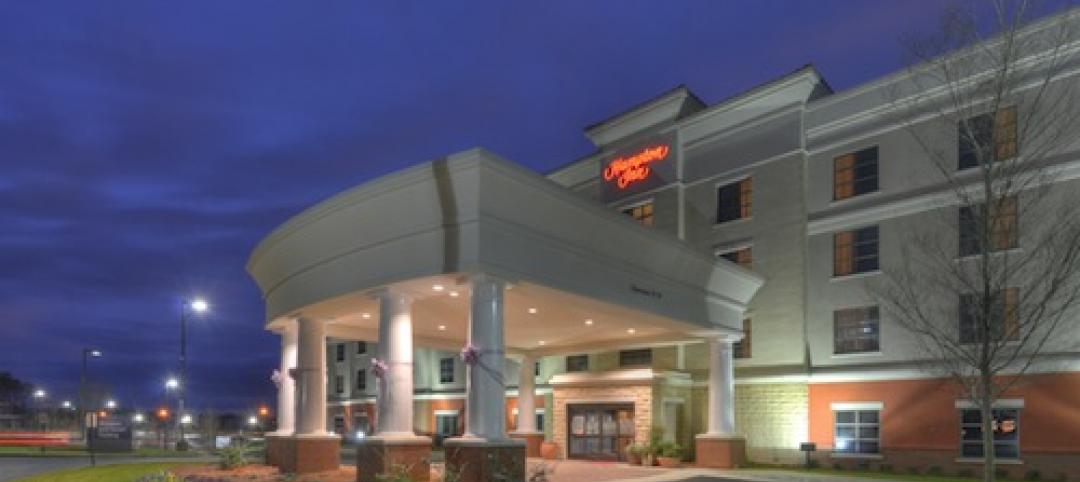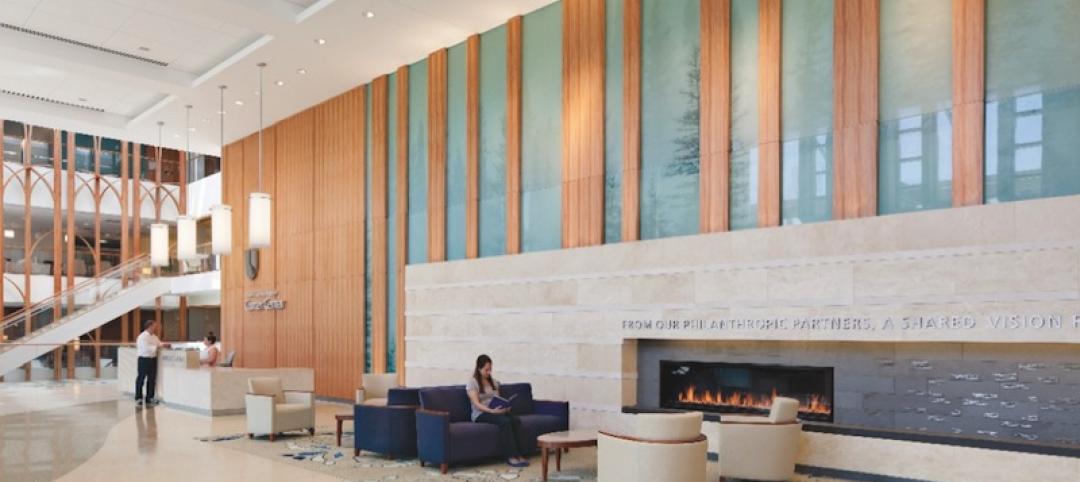The Kartrite Hotel & Indoor Waterpark is nearing completion in the Catskill Mountains in Upstate New York. The hotel is located next to a 100,000-sf casino and the Monster Golf Course.
The $180-million project will feature 324 guest rooms. Amenities include a bar, a candy store, a coffee shop, four restaurants, a tap room, a family entertainment center with an arcade and indoor ropes course, a conference center, and a spa.
Courtesy Aquatic Development Group.
Connected to the hotel is a four-season, two-acre indoor water park, designed by Aquatic Development Group. The indoor water park, which will become New York’s largest, includes a FlowRider surf attraction, a lazy river, a kids activity pool with basketball, and a multi-level play structure and slides. Deck space with cabanas, landscaping and vegetation, and a mezzanine that overlooks the waterpark with additional seating and a bar & grill restaurant will also be included.
See Also: Art-focused hotel will be the first to open in the Dallas Arts District
A 60,000-sf Texlon transparent roofing system will cover the entire park and feature column-free construction. The barrel-shaped roof allows sunlight to enter the water park, which will be kept at a steady 84 degrees, year round.
Courtesy Aquatic Development Group.
Courtesy Aquatic Development Group.
Courtesy Aquatic Development Group.
Courtesy Aquatic Development Group.
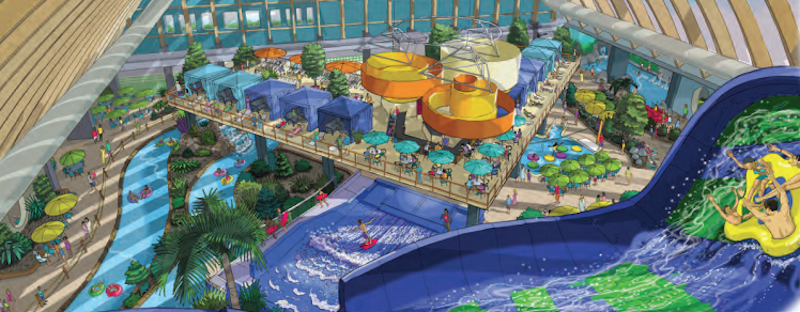 Courtesy Aquatic Development Group.
Courtesy Aquatic Development Group.
Related Stories
| Jun 5, 2013
USGBC: Free LEED certification for projects in new markets
In an effort to accelerate sustainable development around the world, the U.S. Green Building Council is offering free LEED certification to the first projects to certify in the 112 countries where LEED has yet to take root.
| Jun 4, 2013
SOM research project examines viability of timber-framed skyscraper
In a report released today, Skidmore, Owings & Merrill discussed the results of the Timber Tower Research Project: an examination of whether a viable 400-ft, 42-story building could be created with timber framing. The structural type could reduce the carbon footprint of tall buildings by up to 75%.
| Jun 3, 2013
Construction spending inches upward in April
The U.S. Census Bureau of the Department of Commerce announced today that construction spending during April 2013 was estimated at a seasonally adjusted annual rate of $860.8 billion, 0.4 percent above the revised March estimate of $857.7 billion.
| May 21, 2013
7 tile trends for 2013: Touch-sensitive glazes, metallic tones among top styles
Tile of Spain consultant and ceramic tile expert Ryan Fasan presented his "What's Trending in Tile" roundup at the Coverings 2013 show in Atlanta earlier this month. Here's an overview of Fasan's emerging tile trends for 2013.
| May 20, 2013
Jones Lang LaSalle: All U.S. real estate sectors to post gains in 2013—even retail
With healthier job growth numbers and construction volumes at near-historic lows, real estate experts at Jones Lang LaSalle see a rosy year for U.S. commercial construction.
| May 16, 2013
Chicago unveils $1.1 billion plan for DePaul arena, Navy Pier upgrades
Hoping to send a loud message that Chicago is serious about luring tourism and entertainment spending, Mayor Rahm Emanuel has released details of two initiatives that have been developing for more than a year and that it says will mean $1.1 billion in investment in the McCormick Place and Navy Pier areas.
| Apr 30, 2013
Tips for designing with fire rated glass - AIA/CES course
Kate Steel of Steel Consulting Services offers tips and advice for choosing the correct code-compliant glazing product for every fire-rated application. This BD+C University class is worth 1.0 AIA LU/HSW.
| Apr 24, 2013
Los Angeles may add cool roofs to its building code
Los Angeles Mayor Antonio Villaraigosa wants cool roofs added to the city’s building code. He is also asking the Department of Water and Power (LADWP) to create incentives that make it financially attractive for homeowners to install cool roofs.
| Apr 2, 2013
6 lobby design tips
If you do hotels, schools, student unions, office buildings, performing arts centers, transportation facilities, or any structure with a lobby, here are six principles from healthcare lobby design that make for happier users—and more satisfied owners.


